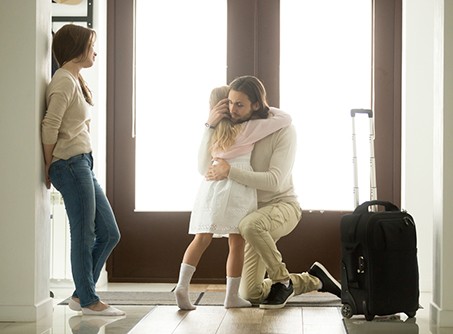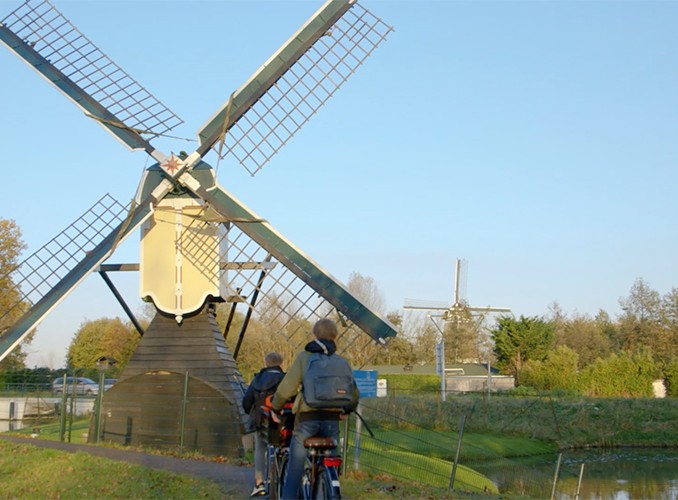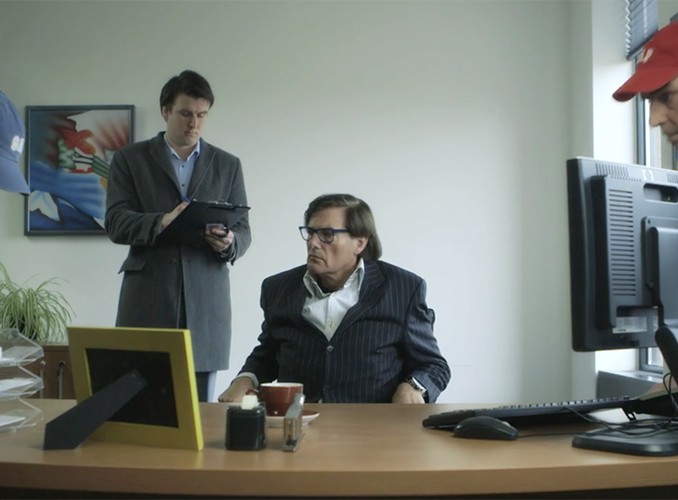International family law
Society is internationalising and the Netherlands is no exception. In recent years, many people, in particular from the neighbouring countries of Germany, Belgium and the UK[LR1] , have come to live in the Netherlands. The number of Dutch people moving abroad is also rising rapidly. This international trend impacts personal life and can have legal consequences. The following questions may suddenly apply to you:
- Do you or your partner have non-Dutch nationality?
- Were your children born abroad?
- Do you live abroad?
- Did you get married abroad?
Many of these cases involve international family law and it is necessary to know which court has jurisdiction if proceedings have to be conducted. It is also important to know which law applies to your situation.
WHAT IF YOU GET A DIVORCE?
A divorce can have international aspects, such as if you and your partner do not have the same nationality or if you got married abroad and then also moved to live in the country of marriage (or elsewhere). Perhaps you are working as an ex-pat in the Netherlands, or you are a Dutch ex-pat working abroad. If you are going to get a divorce, you want things to be properly arranged, both legally and practically – not only for you and your partner, but also for your children.
If you are an ex-pat, a divorce can be particularly complicated. What if you live abroad but would like to initiate the divorce in the Netherlands – is that possible? If so, which law applies? What consequences does this have for you? Will you still be able to return to the Netherlands in the long run? These are all logical questions.
The situation becomes even more complex when you have children. Where are you going to live with the children? Can the other parent just move with the children, for example, or is permission required for that?
legal experts 4 expats
MOVING ABROAD WITH YOUR CHILDREN
If you have joint custody of your child and, as an ex-pat, you want to return to your own country or move to another country outside of the Netherlands with your child, you need the other parent’s consent. This applies to married and cohabiting couples as well as to ex-partners. The Dutch government does this to prevent children from being abducted. If you take your child with you without permission from the other parent with whom you share joint custody, this may constitute international child abduction, which is a criminal offence.
WHO HAS CUSTODY?
The next question is, do both parents always have custody? The rules regarding obtaining custody differ from country to country, which is why it is especially important for ex-pat families to consider the Dutch regulations in this regard. The question of who has custody is partly linked to where a child has their habitual residence.
Suppose you were married in France, your children were born in France, and you lived in France for some time. At some point, you decided to move to the Netherlands. After living in the Netherlands with the children for five years, you and your partner decide to separate. The divorce is pronounced, and you wish to return to France with the children. Now that the children have their habitual residence in the Netherlands and, as it were, have ‘their permanent centre of interests’ here, Dutch rules apply to determine which of the parents has custody.
DUTCH CUSTODY RULES

If your child was born of the marriage between you and your partner, you and your partner would have joint custody by operation of law under Dutch law.
If your child was born from a non-marital relationship then, in principle, only the mother has parental custody. Acknowledgement by the father does not, as many people think, also entail parental custody.
By acknowledgement, a man does become the legal father of a child. However, parental custody must be applied for through the court by the parents together or, if the mother does not want to cooperate, by the father.
This procedure applies in the Netherlands, but different rules may apply in other countries.
MOVING HOUSE? PERMISSION IS REQUIRED, PREFERABLY IN WRITING
In the example above, the parents have joint custody of the children under Dutch law, and if you move you must ask permission from the parent staying behind.
No specific consent form is required for the move. However, it is wise to record the permission for the move from the parent staying behind in writing so that you do not encounter unexpected problems later on.
What if you don’t get permission?
If the other parent does not give you the necessary permission to move with your child, you can appeal to the court and request replacement permission.
The procedures for relocation, especially abroad, are often lengthy, involve a lot of emotion and have very uncertain outcomes because you and your partner have your own ideas about the facts and interests. The court looks in particular at the child’s best interests; is the move good for him/her? In addition, the court also looks at your interests and those of your partner. The court checks various criteria and assesses whether replacement permission can be given.
WHY should you contact OUR INTERNATIONAL FAMILY LAW LAWYERS?
Our international family law lawyers have specialised expertise for ex-pats who are confronted with family law issues in the broadest sense. We frequently assist employees of international organisations. But even if you have to deal with other aspects of international family law, our international family law lawyers mean you have come to the right place for expert advice.
This could also be interesting for you

Get in touch
Do you have any questions or would you like to make an appointment? Get in touch with us, without any obligations.
- Haagweg 1492321 AA, Leiden









